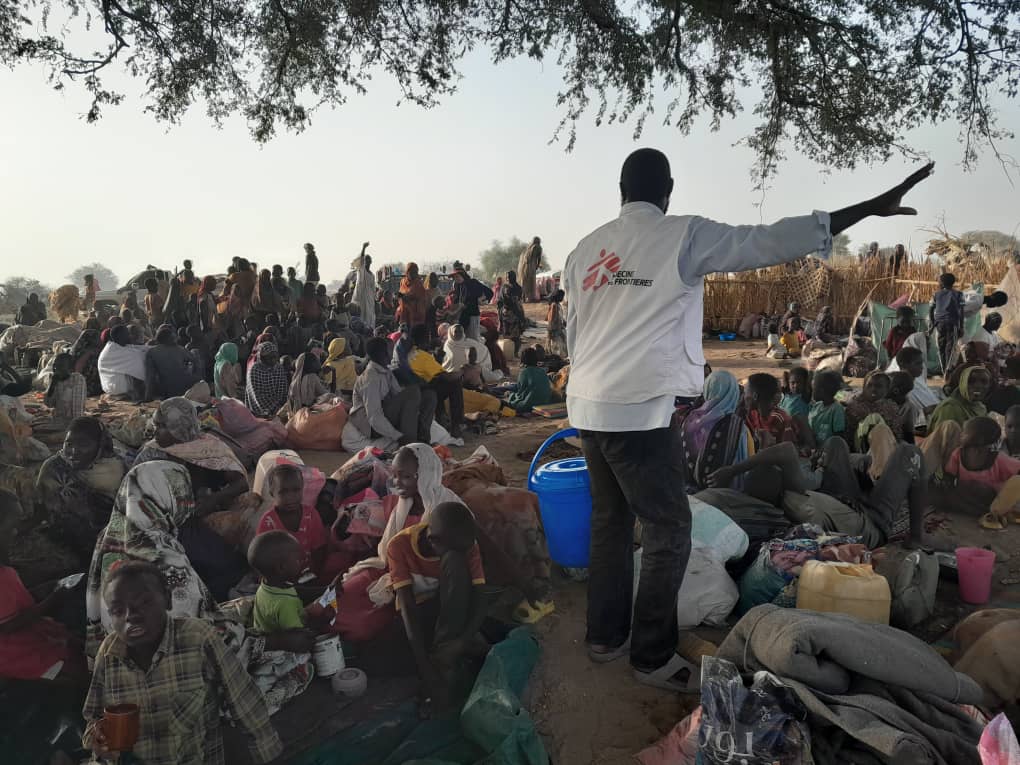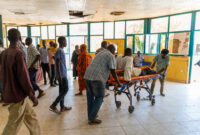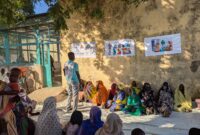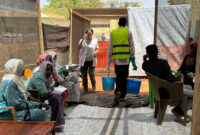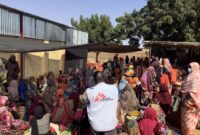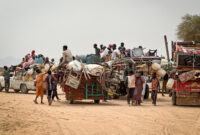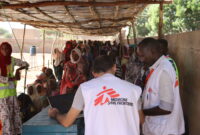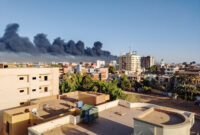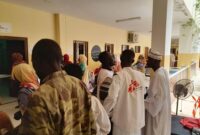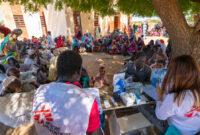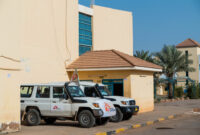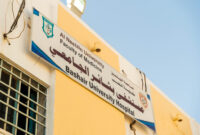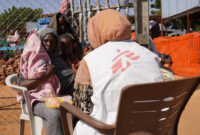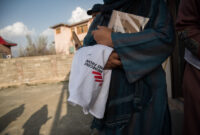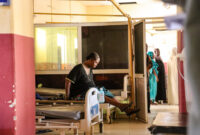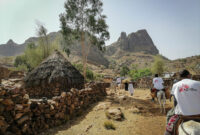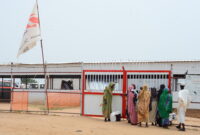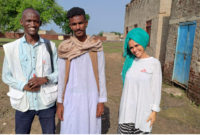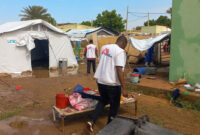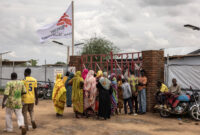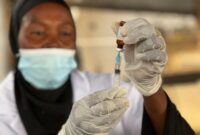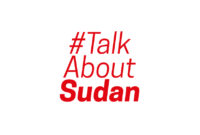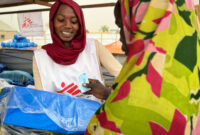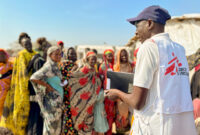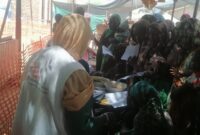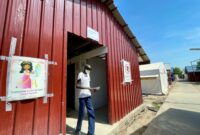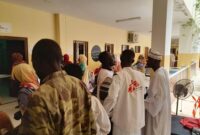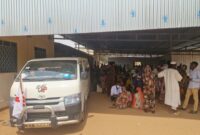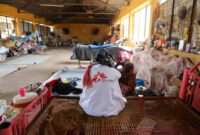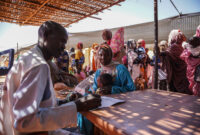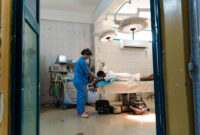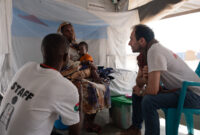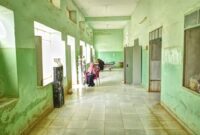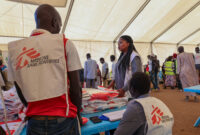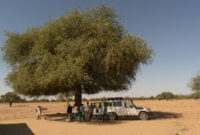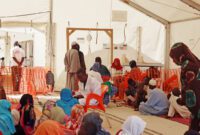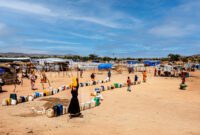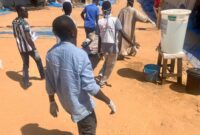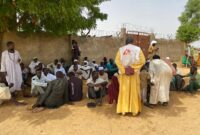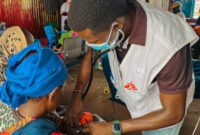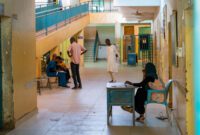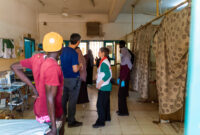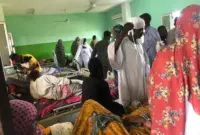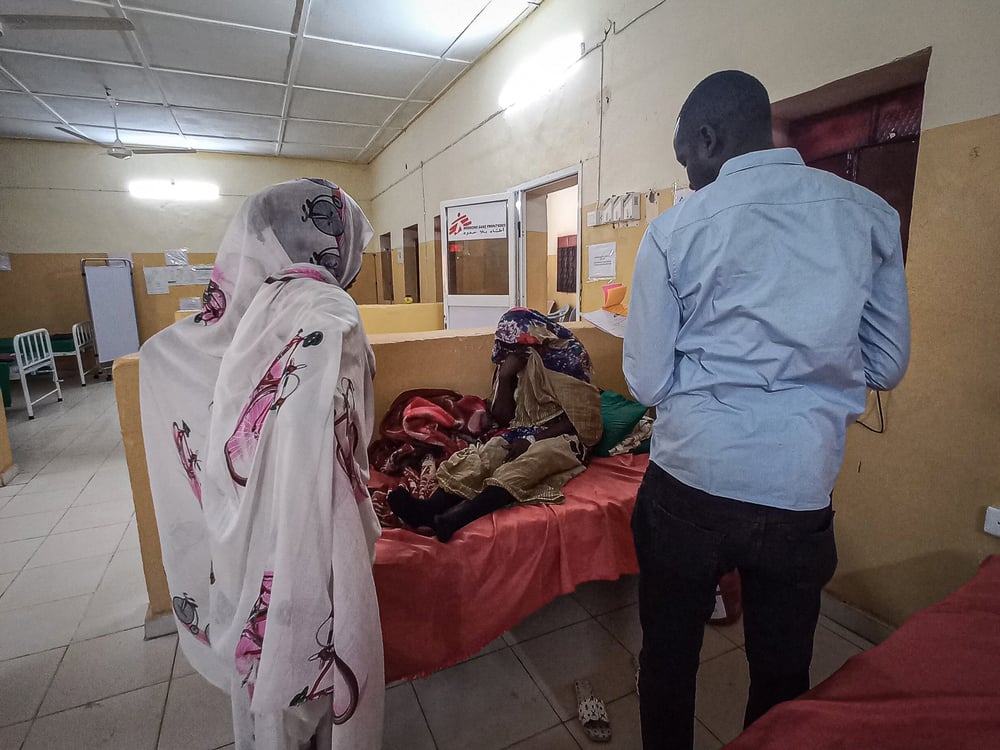Sudan: Deadly attack on Zamzam camp, survivors arriving to Tawila
After being starved, shelled and deprived of vital assistance, people in Zamzam displacement camp, near El Fasher, are once again under attack. The Rapid Support Forces and allied armed groups launched a large-scale ground offensive on April 11. There are reports of people fleeing and many casualties, although we can’t verify how many at the moment.
Back in February, we were forced to suspend all Doctors Without Borders/Médecins Sans Frontières (MSF) activities in the camp because of escalating security issues. Repeated shelling, our ambulances shot at and a tightened siege that prevented us from resupplying the facilities and sending staff, made it impossible for MSF to continue working in Zamzam despite the immense needs.
Communication network with Zamzam has been shut down. We don’t have news of many of the people who worked with us and decided to remain with their relatives in the camp after the suspension of our field hospital. We’re horrified by what they have to endure, and extremely worried about them and the hundreds of thousands of people already on the brink of survival in the area. We were appalled to learn that nine staff from Relief International were killed. It was the only international humanitarian organization still operating in Zamzam.
On April 12 and 13, our team in Tawila saw more than 10,000 people fleeing from Zamzam and nearby areas. They arrived in an advanced state of dehydration, exhaustion and stress. They have nothing but the clothes they’re wearing, nothing to eat, nothing to drink. They sleep on the ground under the trees. Several people told us about family members left behind – lost during the escape, injured or killed.
MSF set up a health post at the entrance of Tawila city, to receive the new arrivals, give them water and provide medical care. The most critical cases are referred to the local hospital we’ve been supporting since last October. Our teams quickly distributed what we had on hand: blankets, mosquitos nets and buckets. We also screen malnutrition among newly arrived children, so they can immediately receive therapeutic food and be enrolled in our nutritional program for adequate care.
